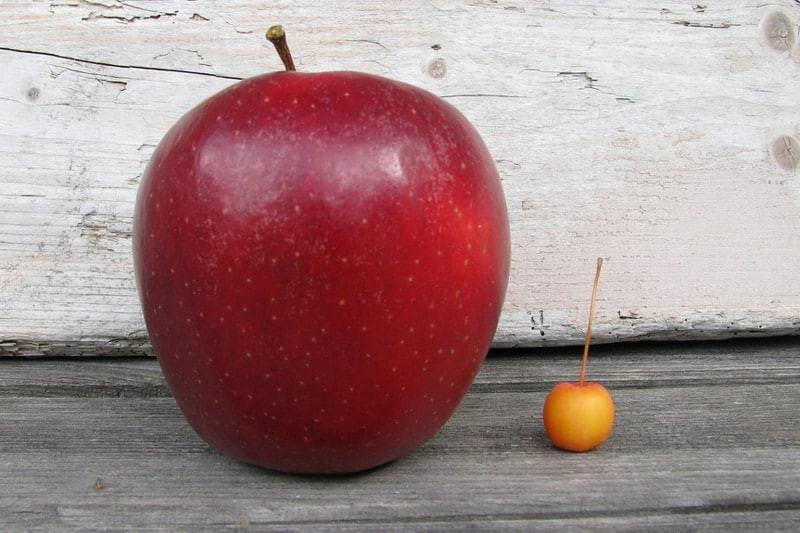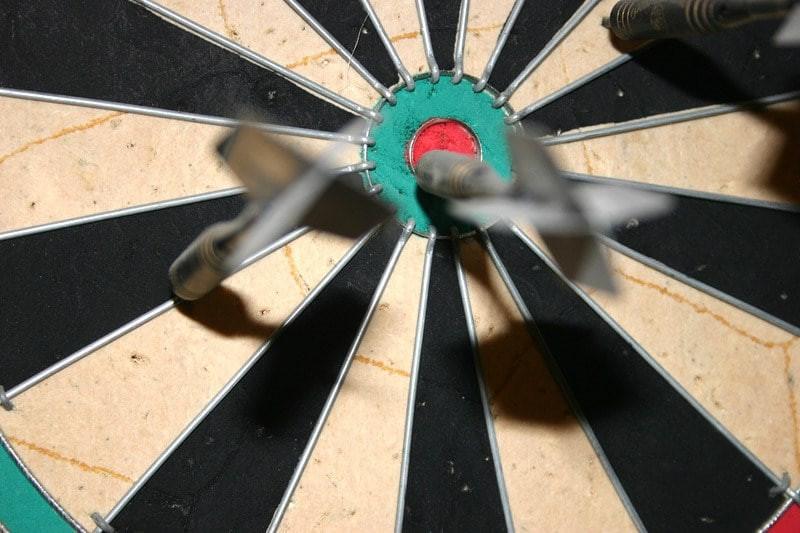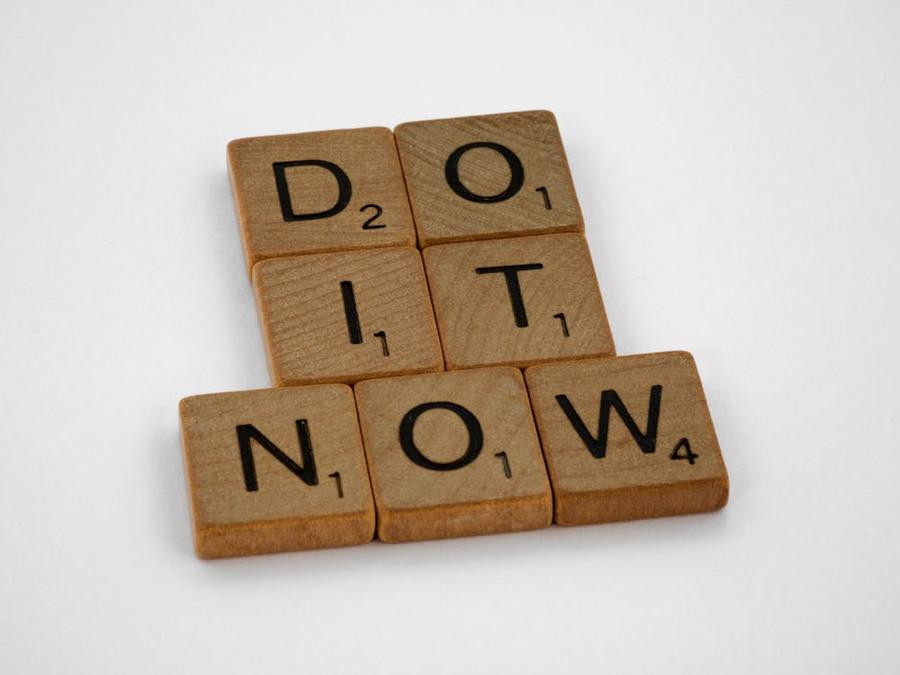How To Stop Analysis Paralysis: 8 Important Tips
Curated from: personalexcellence.co
Ideas, facts & insights covering these topics:
10 ideas
·3.25K reads
20
1
Explore the World's Best Ideas
Join today and uncover 100+ curated journeys from 50+ topics. Unlock access to our mobile app with extensive features.
Analysis Paralysis
Analysis paralysis is the state of overthinking a decision to the point that a choice never gets made.
You face analysis paralysis when you…
- are overwhelmed by the available options,
- over-complicate the decision when it’s supposed to be quite a simple one,
- feel compelled to pick the “best” and “perfect” choice, thereby delaying any decision until you do your research, or
- feel a deep fear of making a wrong move, hence stalling yourself from making any decision, in case you make the wrong choice.
75
647 reads
Differentiate Between Big and Small Decisions
The first step to cracking decision-making paralysis is to differentiate between big and small decisions, after which you give the decision the level of attention based on its importance.
3 questions to differentiate between big and small decisions:
- How important is this decision?
- Will this impact me a year from now?
- What’s the worst thing that could happen?
If the decision isn’t going to make a big difference a year from now and there are no serious consequences that will come out of it, then it is a small decision. Spend as little time as you need to nail this. Then, let go.
73
347 reads
Decisions: A Checklist
If the decision will create a major impact after a year and there are serious implications from making the wrong choice (such as marrying someone you don’t love), then it’s a big decision.
Set aside time to think over it.
Examples of small decisions:
- Which hair conditioner to buy.
- What colour cable clips to buy.
Examples of mid-term decisions:
- Whether to break off a relationship.
- Whether to collaborate with someone on a project.
Examples of big decisions:
- Whether to marry someone
- What career path to go for
- Deciding what is your life purpose
- Whether to have kids
69
330 reads
Identify Your Objective
Every option has its pros and cons. Without knowing your end objective, you’ll forever be debating the relative pros and cons of each choice without a meaningful conclusion.
Before you dig into the options for your decision, ask yourself: “What is my end objective? What do I want to get out of this decision?”
Identify your top two objectives, a maximum of three.
Evaluate your choices based on your objective(s).
As you do that, you will find that some options will stand out more strongly than the rest. These are the options you want to look at.
68
301 reads
Perfection Is Not the Key, “Moderately Okay” Is
Unless you are dealing with a life-altering decision like who to marry and what career path to choose, perfection is not the key. Your goal is to pick a moderately “okay” choice in a fair amount of time, and then move on.
The 80/20 Rule can be used here:
It takes 20% effort to achieve 80% of the gain of a decision. But to nail down the final 20% gain to achieve a 100% perfect outcome, you need to invest a huge amount of effort.
This effort needs to be justified by the importance of the decision.
69
307 reads
Eliminate the Bad Options
When you have too many options, it clutters the decision-making process.
List all the available options. Then, eliminate the bad ones. You should be left with 3-4 options, which makes it easier to choose. Evaluate the remaining options against your end objective (see tip #2).
67
281 reads
Let Go of Your Childhood Stories
Certain incidents built up over time — called childhood stories — can make us very sensitive about doing anything.
Every decision has its pros and cons, and it’s more important to learn and focus on the positive, not the negative.
If you constantly freeze when making decisions, perhaps you have a childhood story driving your behaviour.
Do you have a childhood story driving your analysis paralysis? Why does it affect you so? How can you let it go?
67
268 reads
Set a Time Limit
Parkinson’s Law says, “Work expands so as to fill the time available for its completion.” What this means is that your work will take however long you allow it to take. If you set aside 15 minutes for a task, it’ll take 15 minutes. If you set aside 30 minutes, it’ll take 30 minutes. If you don’t set a time limit, it may take forever!
This is the same in decision making.
To solve this, set a time limit. Your time limit should be based on the importance of the decision.
71
258 reads
Get a Trusted Opinion
Consult someone with insight into what you’re asking about.
It is worthwhile to pay and get expert advice from specialists who know what they are doing. It helps us cut through the noise, get the information we need, and make the right choice.
63
262 reads
Channel Your Energy Into Bigger Goals
If you are obsessing about every little thing even though it has no big impact, perhaps you have outgrown your routine. It’s time to channel your energy into bigger goals.
If you often face analysis paralysis with little decisions, here is a question for you: What are your goals for the next few years? Is there any goal you are procrastinating on? Work on them instead. As you shift your focus to the higher-level goals, you gain more experience and become better at making good decisions quickly.
68
249 reads
IDEAS CURATED BY
CURATOR'S NOTE
Just Do It.
“
Lori Howard's ideas are part of this journey:
Learn more about personaldevelopment with this collection
How to strengthen your willpower
How to overcome temptation and distractions
The role of motivation in willpower
Related collections
Similar ideas
13 ideas
The Science of Analysis Paralysis
doist.com
6 ideas
How to Push Past Your Analysis Paralysis | Scott H Young
scotthyoung.com
9 ideas
How to Make Difficult Decisions
zapier.com
Read & Learn
20x Faster
without
deepstash
with
deepstash
with
deepstash
Personalized microlearning
—
100+ Learning Journeys
—
Access to 200,000+ ideas
—
Access to the mobile app
—
Unlimited idea saving
—
—
Unlimited history
—
—
Unlimited listening to ideas
—
—
Downloading & offline access
—
—
Supercharge your mind with one idea per day
Enter your email and spend 1 minute every day to learn something new.
I agree to receive email updates







